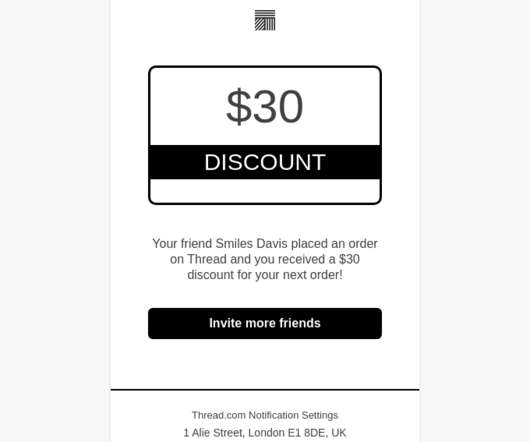Why Companies and Government Do “Innovation Theater” Instead of Actual Innovation
Steve Blank
OCTOBER 15, 2019
Disruption today is more than just changes in technology, or channel, or competitors – it’s all of them, all at once. HR processes, legal processes, financial processes, acquisition and contracting processes, security processes, product development and management processes, and types of organizational forms etc.



























Let's personalize your content